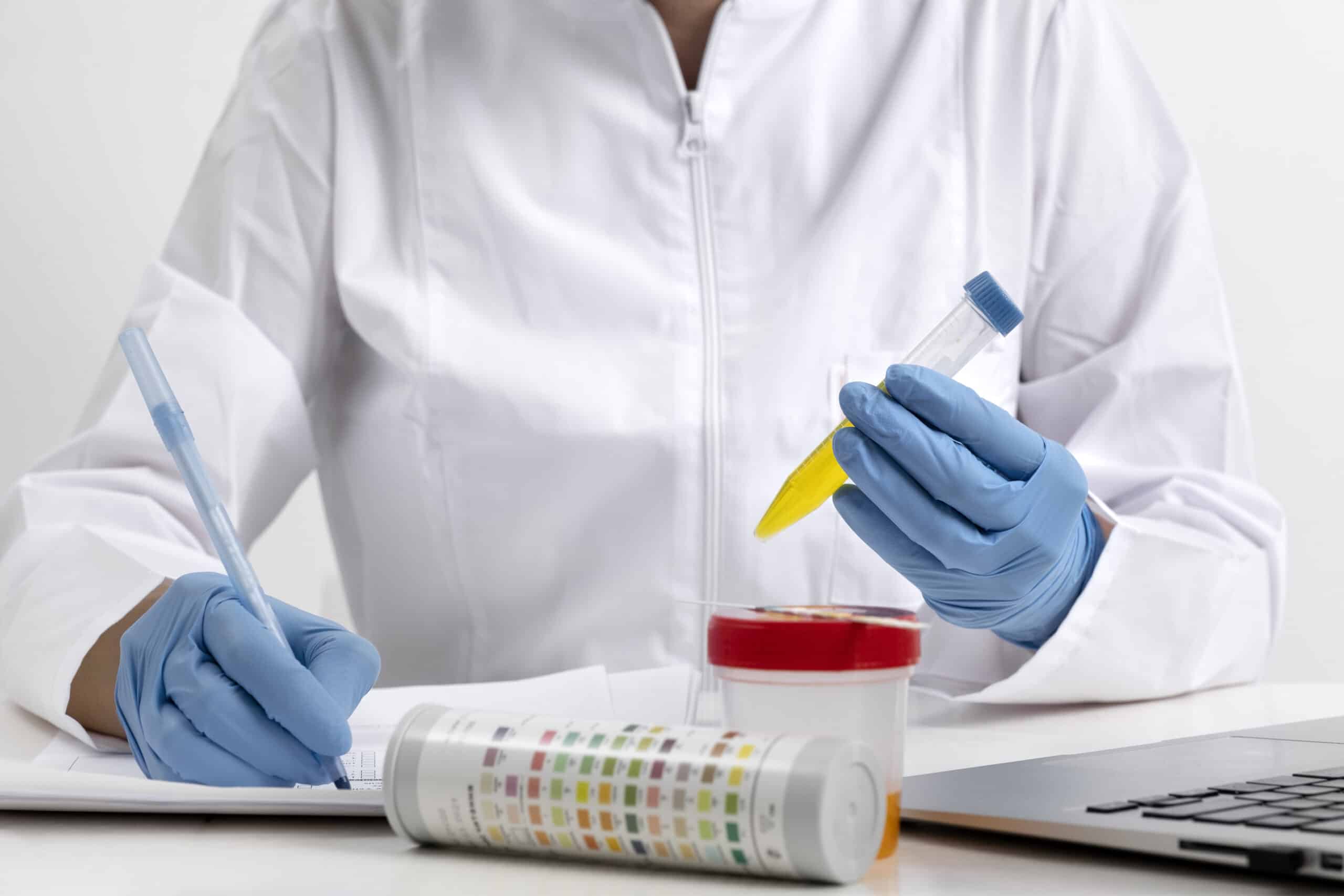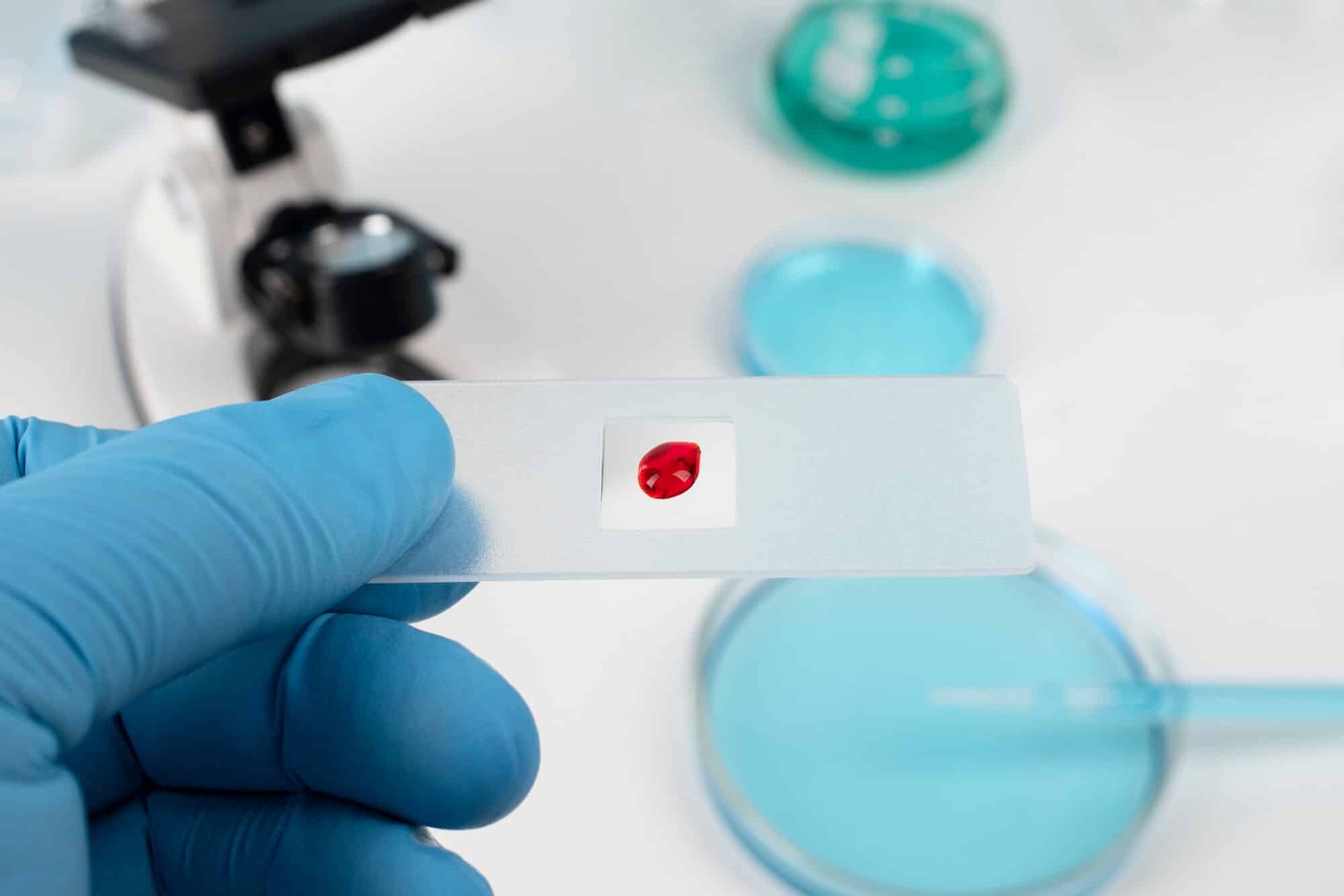
Chlamydia is one of the most common sexually transmitted infections worldwide. The bacterial infection often goes undetected since it is frequently asymptomatic. However, leaving chlamydia untreated can lead to major reproductive issues for women, like infertility, and may cause painful infections for men. The good news is that chlamydia is treatable if it is detected early. In this blog, we will cover the symptoms of chlamydia, how it spreads, effective prevention methods, and the treatment process.
What Is Chlamydia?
Chlamydia is a type of bacterial infection that primarily spreads through sexual activities and affects the reproductive organs. While infection can impact individuals of all ages and genders, it is particularly prevalent among young adults. It can affect various parts of the body, including the genitals, eyes, and throat. It can also cause early delivery in women who are pregnant.
It is important to practice safe sex. Using condoms the right way every time during sex helps prevent getting chlamydia. If you’ve had sex without a condom or experienced any symptoms, it’s important to get tested immediately and take any medications prescribed to you as directed.
Chlamydia Symptoms
While often referred to as a “silent” infection, chlamydia can manifest in various ways that should not be ignored. The symptoms usually appear within a few weeks after you’ve been intimate with someone who has chlamydia.
Common chlamydia symptoms include:
- A stinging feeling when you pee
- Abnormal genital discharge
- Pain during sex
- Lower belly pain
- Pain, discharge, or bleeding around the anus,
If you contract chlamydia in your throat from oral sex, you might notice:
- A scratchy, sore throat
- Your mouth or throat looking redder than usual
- Swollen lymph nodes
- Fever
Chlamydia can present differently in men and women.
Signs of Chlamydia in Women
Chlamydia in women can affect various parts of the reproductive system, including the cervix, uterus, and fallopian tubes. Some women might experience the following:
- A painful, burning sensation when peeing
- Unusual vaginal discharge
- Aches or pains in the stomach or pelvis
- Discomfort during sex
- Spotting after sex
- Unexpected bleeding between periods
Signs of Chlamydia in Men
In men, chlamydia typically affects the urethra and can sometimes spread to the epididymis, causing inflammation. Possible symptoms include:
- Pain or a burning feeling during urination
- White, cloudy, or watery penile discharge
- An itchy or burning feeling in the urethra
- Discomfort in the testicles
- A dull ache in the lower belly
Causes of Chlamydia
Chlamydia is a widespread bacterial infection that spreads through sexual intercourse. The most commonly reported sexually transmitted infection in the world is caused by the bacteria chlamydia trachomatis. It can easily spread from person to person without the people even realizing it. Understanding the causes of chlamydia can help prevent and reduce its spread.
The main causes of chlamydia are:
- Unprotected vaginal intercourse
- Unprotected anal sex
- Unprotected oral sex
- Direct genital-to-genital contact without penetration
- Sharing unwashed sex toys
- Contact with infected semen or vaginal fluid
How Long Does Chlamydia Last?
If chlamydia is treated with antibiotics, the infection usually goes away in one to three weeks. If it is not treated, the infection can lead to major complications such as pelvic inflammatory disease, chronic pelvic pain, and an increased risk of ectopic pregnancy in women or epididymitis in men. It is important to take all of the antibiotics exactly as prescribed to get rid of chlamydia completely.
Medication for Chlamydia Treatment
Chlamydia is a curable bacterial infection that can be treated with antibiotics. Taking antibiotics properly allows over 95% of people to get rid of the infection. If your doctor strongly suspects you have chlamydia, they might start you on antibiotics right away, even before your test results come back. This helps prevent any potential complications and further transmission. The most common antibiotics prescribed for chlamydia are:
- Doxycycline: This antibiotic works well for chlamydia infections in the anus, penis, vagina, and mouth or throat. Compared to azithromycin, doxycycline works better for throat and anal chlamydia.
- Azithromycin: This is another recommended antibiotic. It’s the most commonly prescribed option if you’re pregnant and is taken as a single dose.
- Amoxicillin: Doctors sometimes prescribe this antibiotic for pregnant women or those who can’t take other antibiotics due to allergies. However, some chlamydia strains become resistant to amoxicillin.
You should take all the doses as directed for up to 2 weeks to cure the infection fully. Don’t have sex until treatment is complete to avoid spreading chlamydia or getting re-infected.
How Long After Taking Chlamydia Medication Does It Go Away?
Chlamydia typically goes away after taking the prescribed medication within the following timeframe:
- 1-2 weeks for the chlamydia infection to clear
- Four weeks for the test to become negative
Complications of Chlamydia
Many people don’t know they have chlamydia until it causes symptoms. However, if not treated, chlamydia can lead to serious health problems for both women and men.
Complications for Women:
1. Pelvic Inflammatory Disease (PID)
In women, chlamydia can move from the cervix to the uterus, ovaries, or fallopian tubes. This can lead to pelvic inflammatory disease (PID). PID can make it hard or impossible to get pregnant because it can damage the fallopian tube. It can also cause chronic pain in the lower belly. Sometimes, it can lead to ectopic pregnancies, which are very dangerous and often life-threatening. If you experience any of these symptoms, you should see a doctor right away:
- Pain in your lower belly
- Pain when you pee or have sex
- Unusual bleeding between periods
These could be signs of PID and should be addressed right away.
2. Pregnancy Complications
If a pregnant woman has chlamydia and is not treated, the infection can be passed on to the infant as well. This can cause the following health risks:
- Conjunctivitis
- Pneumonia
- Premature birth
- Low birthweight babies
All of these are serious conditions and require medical attention.
Complications for Men:
1. Testicle Infection
In men, chlamydia can spread to the testicles and the tubes that carry sperm (epididymis). This causes a condition called epididymitis. It causes the testicles to swell up and cause severe pain. If not treated, it could cause infertility in men. Antibiotics can usually cure this infection.
2. Reactive Arthritis
Sometimes, chlamydia causes a condition called Sexually Acquired Reactive Arthritis, or SARA. This causes inflammation in different parts of the body. A man’s joints (like knees or ankles) can swell and hurt. His eyes might get red and swollen. Even the tube he pees from (the urethra) can get inflamed. This mostly happens to men, usually within weeks after getting chlamydia. There’s no quick fix, but most men get better in a few months. Painkillers can help until then.
Prevention of Chlamydia
For the prevention of chlamydia, follow these practices:
- Use condoms for intercourse or genital-to-genital contact and dental dams for oral stimulation.
- If you share sex toys, sanitize them thoroughly after each use. For toys used in penetration, consider using a fresh condom on the toy each time.
- Schedule regular STI screenings, especially when starting a new relationship.
Conclusion
Chlamydia often spreads silently with no symptoms. But it can cause major issues like infertility if ignored. Don’t let this sexually transmitted infection impact your health. Practice safe sex, get tested routinely, and treat any positive results right away. At Equality Health Group, we offer STD tests, STD treatment, and guidance to protect you from STDs like chlamydia. Trust us to detect STIs early and help you get the proper treatment.





